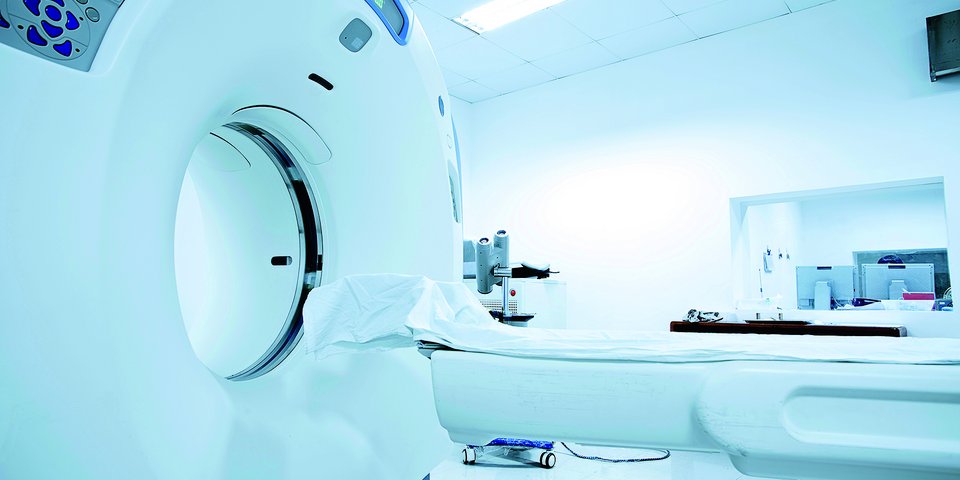 iStockphoto/4X-image
iStockphoto/4X-imageTimely application of EU Regulation on medical devices
Health Insurers are calling for a timely application of the Regulation.
MS – 01/2019
Flaws in the approval and monitoring of medical devices
In
an investigative report called ‘The
Implant Files’ published in November 2018,
the International Consortium of Investigative Journalists (ICIJ) once again highlighted
extensive failings in product safety regarding medical devices. A key message
of ‘The Implant Files’ is that the current Medical Device Directive from the
90s, together with the approval and monitoring regulations that are based on it,
fall well below what is needed to ensure the safety and well-being of patients.
Medias report outlines systematic and structural deficits in a variety of product
classes such as breast implants, hip replacements, pacemakers and artificial spinal
discs due to lack of transparency and inadequate studies carried out by medical
device manufacturers prior to marketing. Another point of criticism is the fact
that medical devices are not subject to regulatory approval, but rather manufacturers
can pay private notified bodies to certify their products.
New legal framework for medical devices to apply from 2020
The
problems described are well known. As a result, in September 2012, the European
Commission presented a draft Medical Devices Regulation with the aim of
improving and standardising the quality of the work carried out by notified bodies.
After years of controversial debate, the Regulation came into force in May
2017. We are currently in the three-year transitional period before the new
legal framework becomes applicable on 26 May 2020.
Although the new EU
Medical Devices Regulation still does not include regulatory approval for
medical devices, as called for by health insurance funds, there are now some more
stringent regulations, including clinical trials.
Industry
representatives have criticised the Regulation by claiming it impedes Germany’s
position as a centre of innovation and they are calling for the start date to
be postponed, partly because of uncertain timing for the accreditation of notified
bodies under the new law.
In
contrast, Germany’s National
Association of Statutory Health Insurance Funds and the European
Social Insurance Platform (ESIP) are calling
for the new European Regulations on medical devices to be applied in a timely
manner as foreseen. There are no benefits to patients to delay the date of
application.
